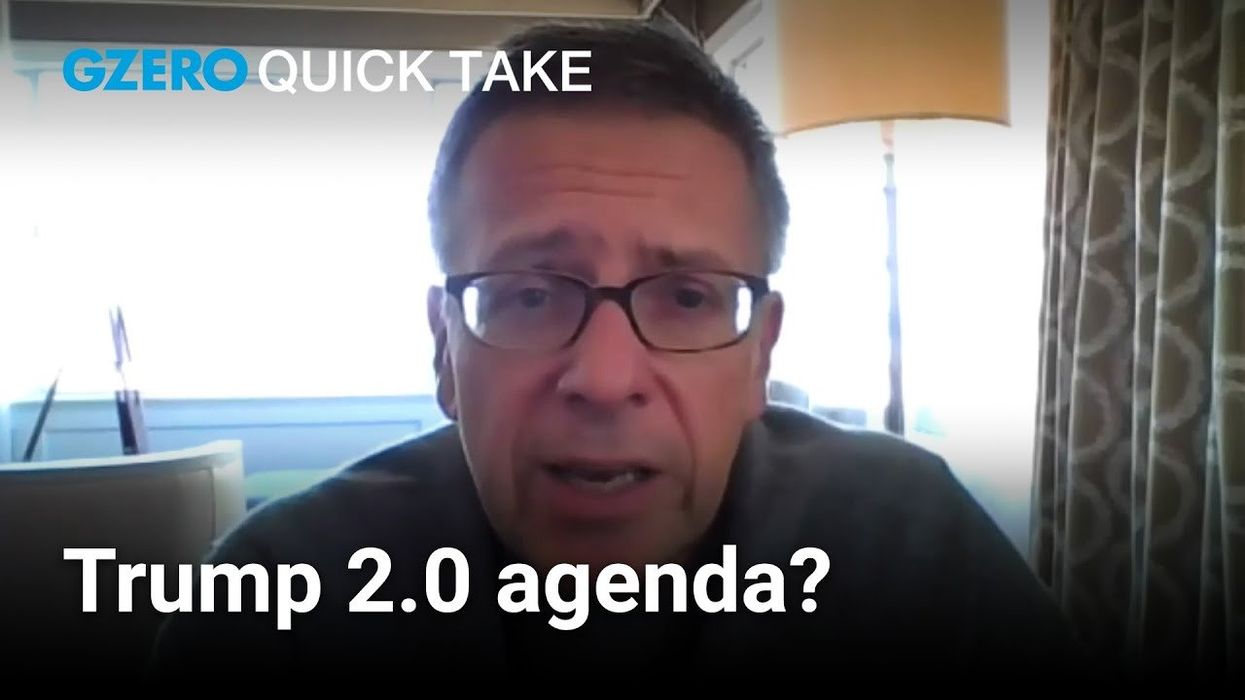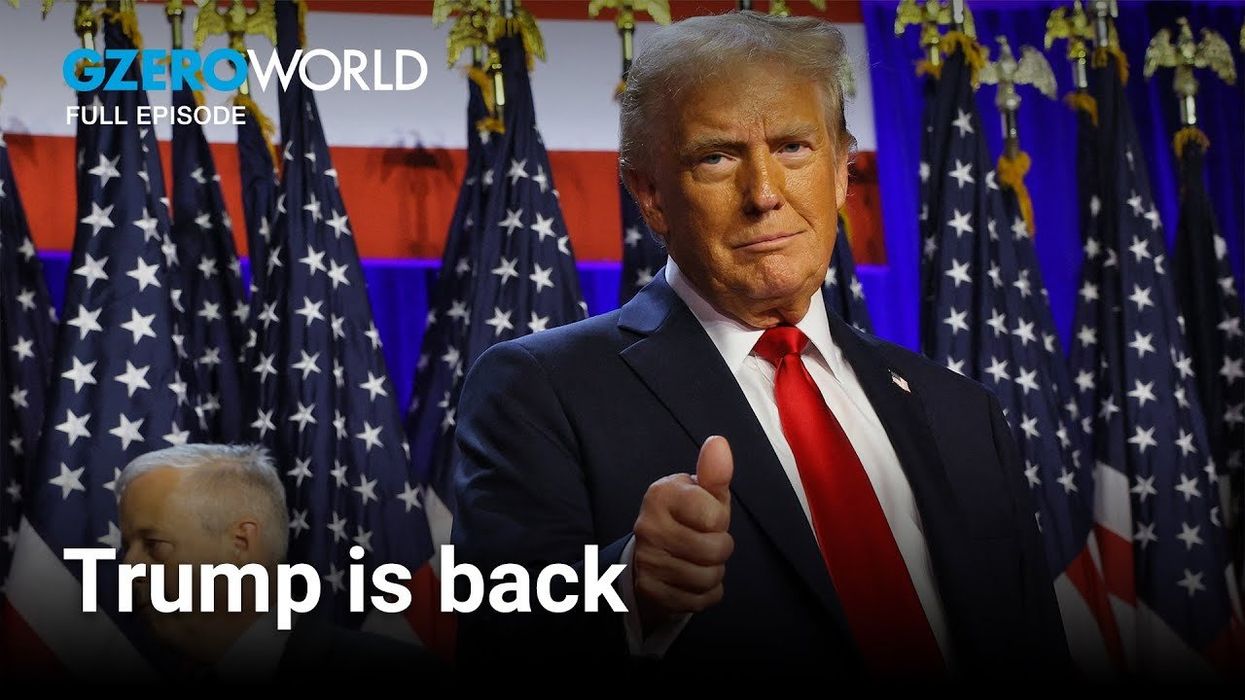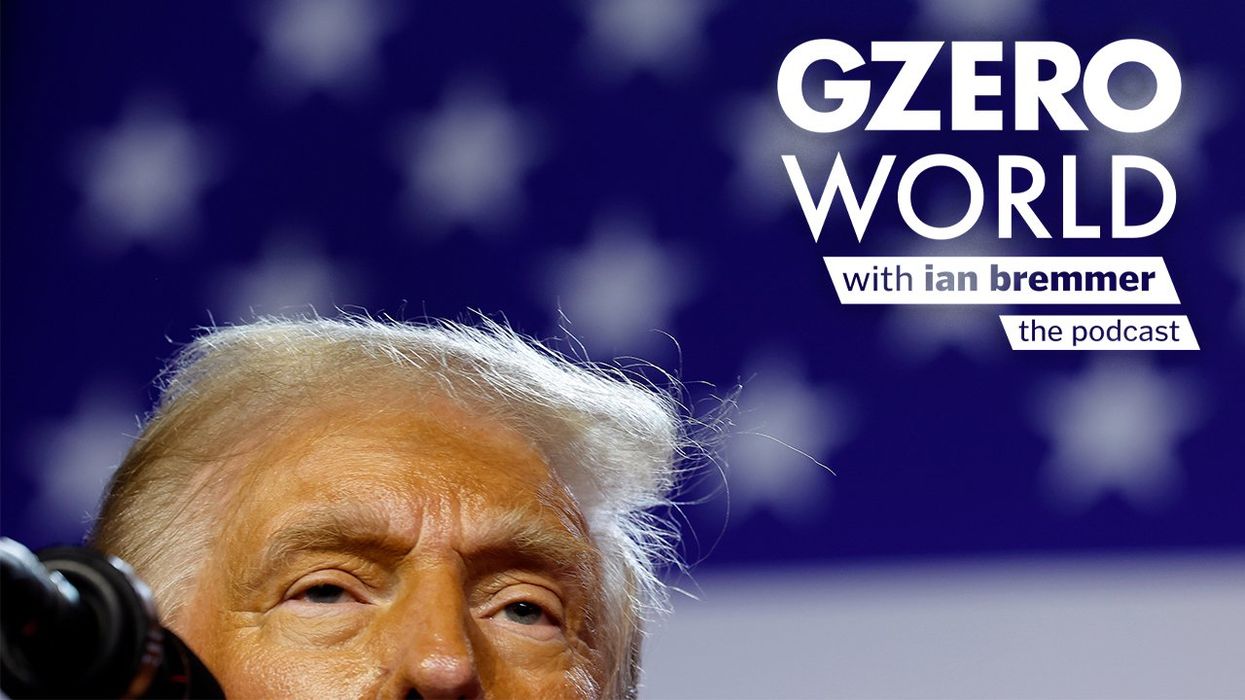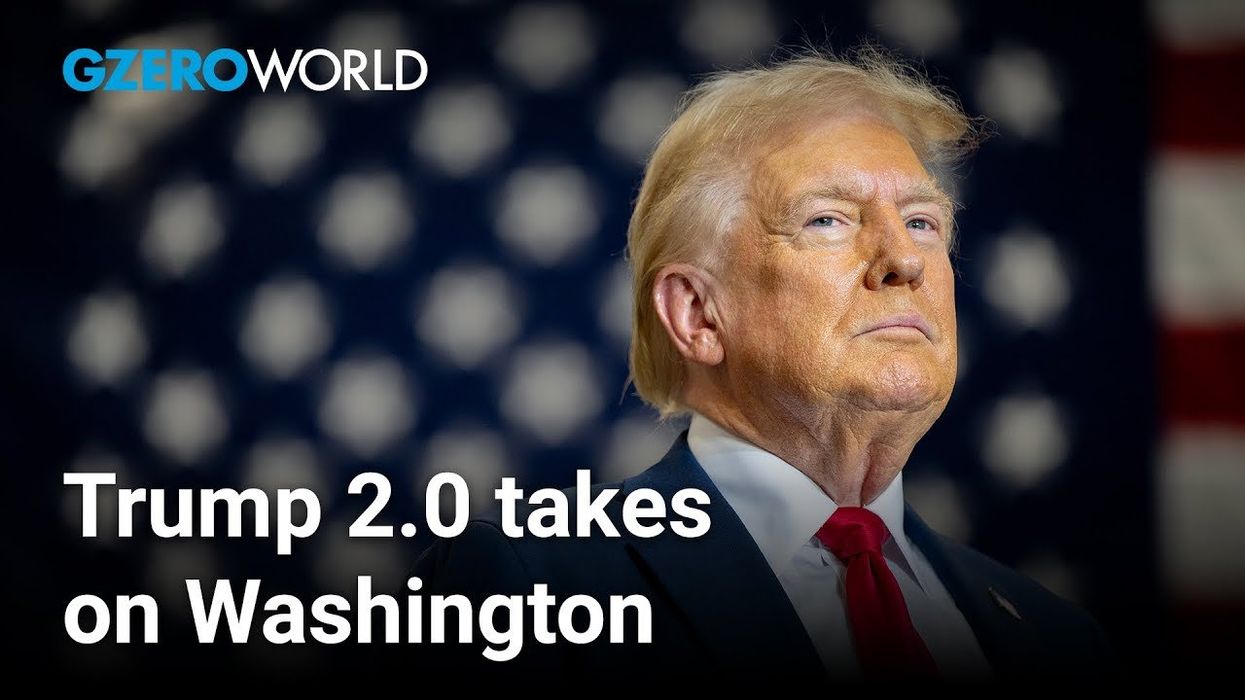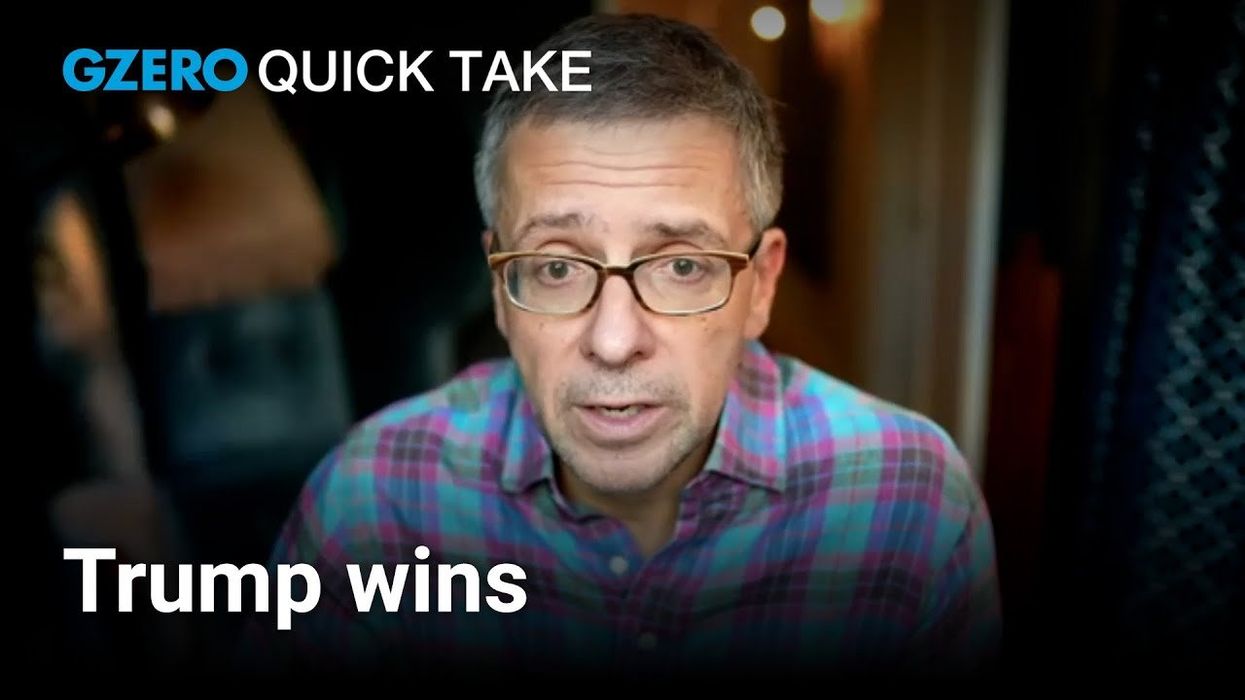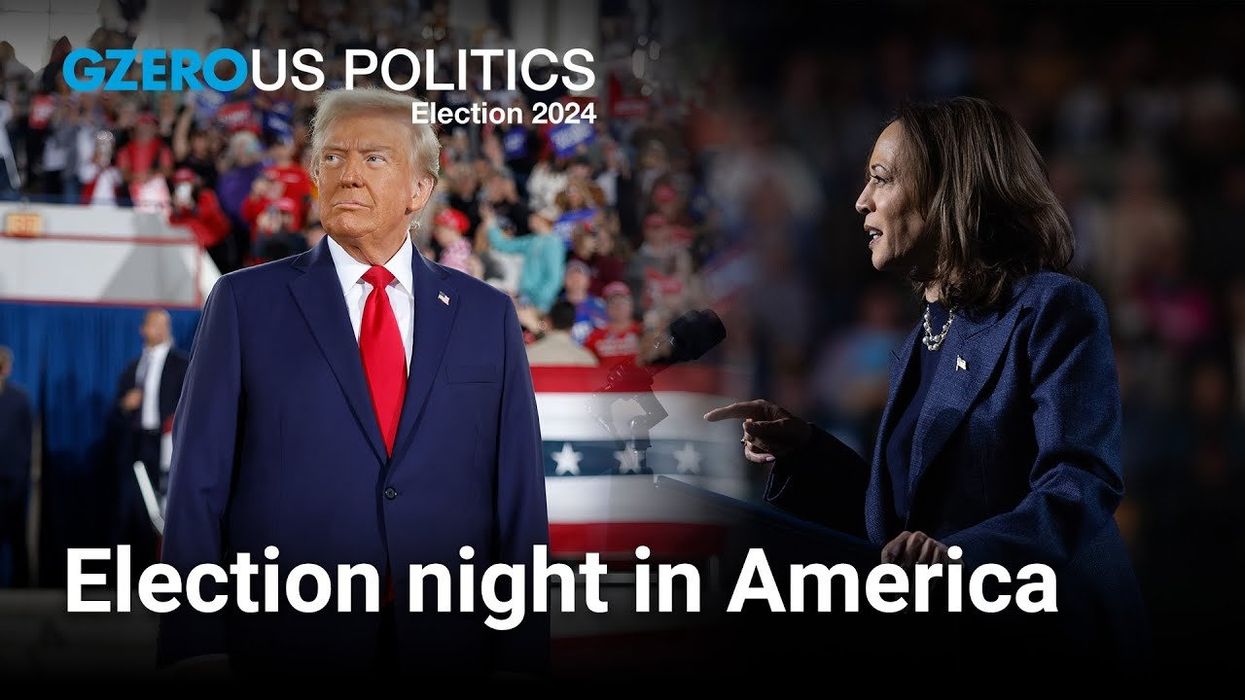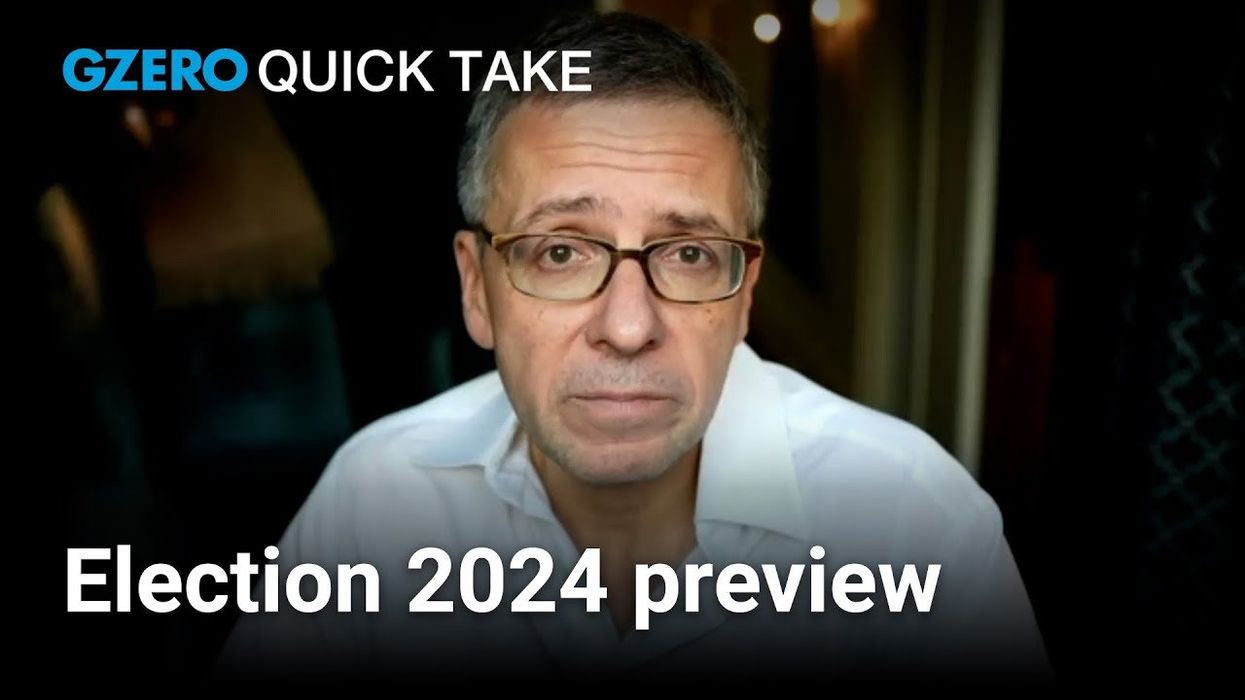GZERO World with Ian Bremmer Podcast
How Trump 2.0 could reshape US foreign policy, with the New York Times' David Sanger
Listen: New York Times national security and White House correspondent David Sanger joins Ian Bremmer on the GZERO World Podcast to break down the foreign policy implications of Trump 2.0.
Nov 23, 2024

